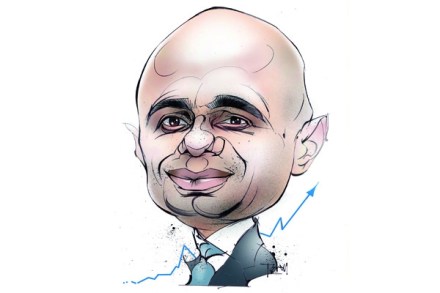The simple and shocking secret to the working class vote
How does Labour win back the working class voters who’ve abandoned it? This question, part of the soul searching the party fell into when it lost the 2010 election, has gained even greater currency since the Scottish referendum. This evening Michael Dugher and John Denham had a stab at answering it at a conference fringe. And the answers were really quite unsettling. Denham told the fringe that ‘we’re talking to people who’ve come to the conclusion that governments are a bonus if they don’t make their lives worse’ and therefore just one policy wasn’t going to solve it. He said: ‘We have to get back into a relationship with people




















